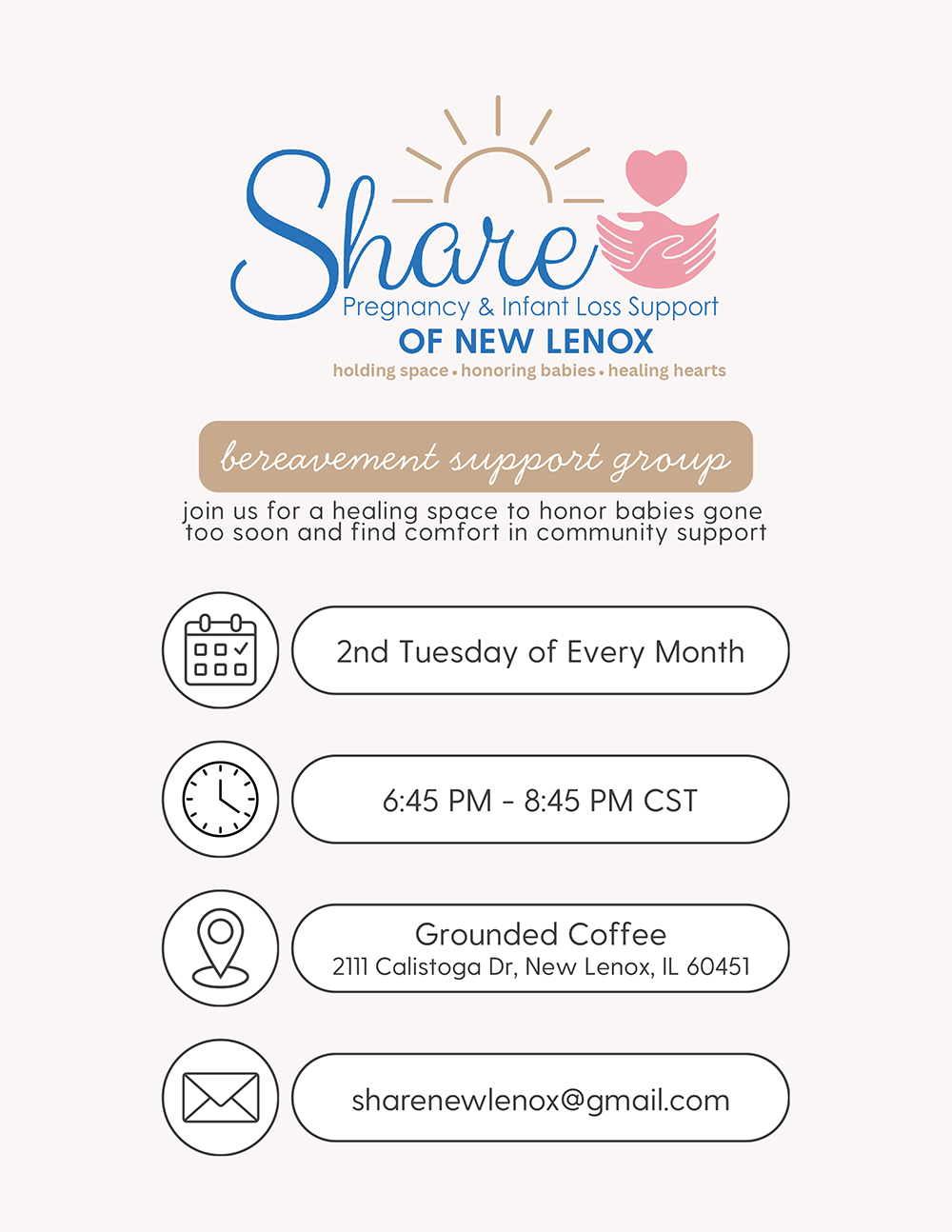Hormone Replacement Therapy
Overview
Before a woman reaches menopause, her body produces the hormones estrogen and progesterone. These hormones regulate a woman’s monthly cycle and secondary sex characteristics (such as breast development and function) and prepare the body for fertilization.
As a woman enters menopause, the amount of estrogen and progesterone her body produces will decrease. The decreased amount of these hormones can be replaced by synthetic estrogen and progesterone (called progestin). The process of replacing these hormones is known as Hormone replacement therapy (HRT).
As a woman’s estrogen level decreases, she may experience hot flashes, vaginal dryness, and other menopausal symptoms. HRT has been shown to relieve these bothersome side effects. Research has also shown that HRT helps prevent osteoporosis, heart disease, and memory loss. Even though HRT has been proven to be highly effective at relieving menopausal symptoms, there is evidence that it may increase a woman’s risk of getting breast cancer.
Recent research shows that the risk would be relatively small, but would be based upon a woman’s general risk of getting breast cancer. Therefore, you should consult with your healthcare provider to decide if HRT is right for you.
HRT and Heart Disease
Heart disease is the number one cause of death in post-menopausal women. Due to the fact that a woman’s risk of heart disease increases dramatically, after her body stops producing estrogen, researchers are determined to see if HRT can help prevent heart disease.
Past studies have shown that HRT can reduce the risk of getting heart disease. Studies have also shown that estrogen therapy can help heal damaged blood vessels and prevent blood from thickening. However, recent studies contradict this and state that HRT may increase heart disease in some women. Researchers plan to study the effects of HRT on the female heart to gain a better understanding of HRT and heart disease.
Risk Factors for heart disease:
Previous heart attack
High blood pressure
Atherosclerosis (narrowed arteries)
Diabetes mellitus
Smoking
Family history of heart disease
High cholesterol
Obesity
Alcoholism
Lack of exercise
HRT and Osteoporosis
Many healthcare providers prescribe HRT to help prevent osteoporosis. This degenerative bone disease affects approximately one half of women over the age 50. HRT has been particularly effective when taken during the first five years after menopause begins.
However, HRT only fights osteoporosis when estrogen is being taken and women lose protection once the treatment is discontinued. It is estimated that HRT can lead to 50% to 80% decrease in vertebral fractures and a 25% decrease in non vertebral fractures with five years of use.
Risk factors for osteoporosis:
Advanced aging
Female gender
Post-menopausal women
Thin or small frame
Caucasian or Asian
Smoking
Alcoholism
Sedentary lifestyle
Low calcium intake
Menopause before age 45
High doses of thyroid hormone
Symptoms of Osteoporosis:
Back pain
Height loss
Curving spine
Broken bone (from minor injury)
In addition to HRT, you can help prevent osteoporosis by taking calcium, magnesium, Vitamin D and exercising.
HRT and Alzheimer’s Disease
Alzheimer’s disease is a degenerative brain disease that leads to memory loss, confusion, restlessness, problems with perception, speech problems, and paranoia. There is no cure for Alzheimer’s disease but studies suggest that various HRT treatments can delay the development of the disease. Recent studies have shown that woman who take HRT have a reduced risk for Alzheimer’s. Studies have also shown that women with memory problems improve their memory while on HRT.
HRT and Diabetes
Women with Type II Diabetes are insulin resistant, and studies have shown that HRT can improve the body’s response to insulin and improve blood sugar metabolism. Women with diabetes are 3 to 7 times more likely to develop heart disease, another condition that HRT can help prevent.
HRT and Breast Cancer
There is a controversial link between breast cancer and HRT. Some studies show that there is a very small risk of developing breast cancer while on HRT, while other studies show a more significant risk. There appears to be an emerging consensus that HRT does not significantly increase the risk of breast cancer in women that take estrogen for less than 5 years or less that .625 mg per day.
However, there have not been many studies on women who have taken HRT for over 20 years, but it is assumed that they would have higher risk of getting breast cancer. Researcher David Page, MD of Vanderbilt University, states that women need to know that HRT with a low does of estrogen minimally increases a woman’s risk and that a decision regarding HRT should not be uninformed or out of fear.
It is important that you discuss HRT with your healthcare provider and decide whether it would be right for you.
HRT and Ovarian Cancer
There is research that suggests that long-term use of HRT increases the risk of ovarian cancer. A study showed that the prolonged use of estrogen doubled the risk developing ovarian cancer; however that risk is approximately 2% over a lifetime.
Researchers are still unclear on the effects of HRT. It is proven however, that HRT can be beneficial in many circumstances. You should consult with your healthcare provider so you can make an informed decision on whether HRT is the right treatment for you.
For More Information









